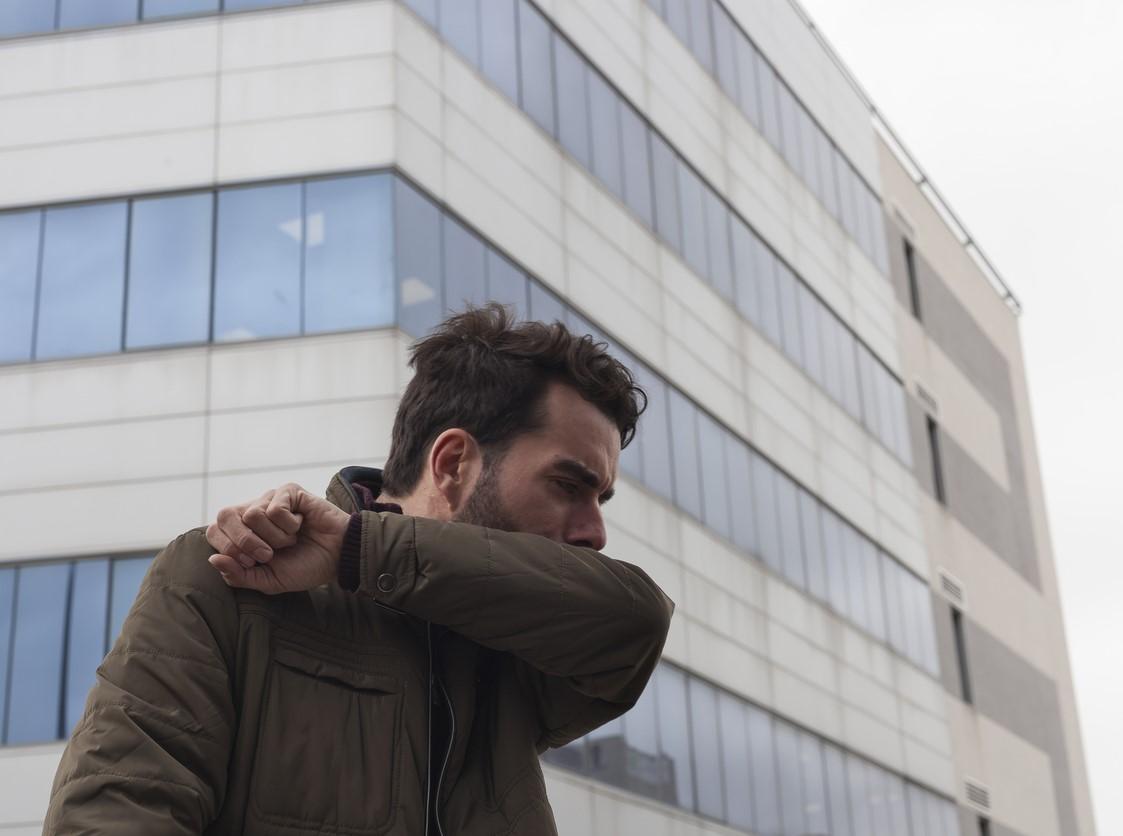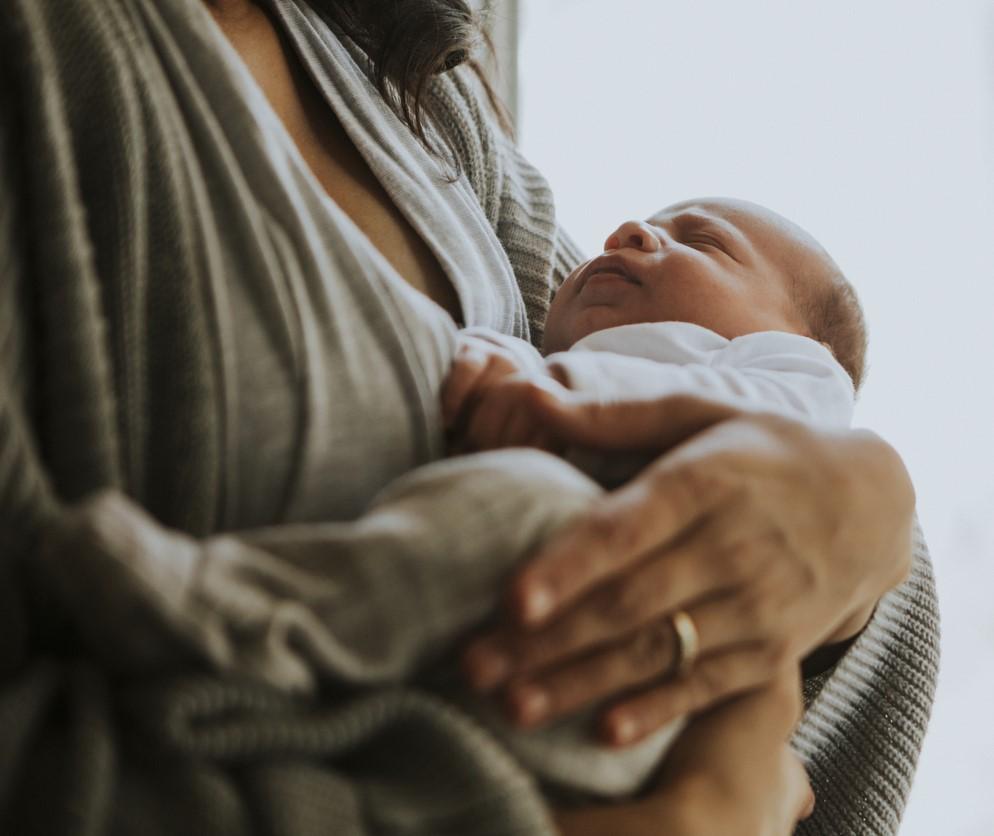
A new Centers for Disease Control and Prevention-led study finds that people with HIV (PWH) have higher COVID-19 reinfection rates than those without HIV (PWOH).
The study, published yesterday in Emerging Infectious Diseases, involved 453,587 adults in Chicago infected with SARS-CoV-2 from their first infection through May 2022. The investigators matched COVID-19 test results and vaccination data to Chicago's Enhanced HIV/AIDS Reporting System.
"HIV can compromise the immune system; persons with HIV (PWH), especially those not receiving antiretroviral therapy (ART), might be vulnerable to SARS-CoV-2 infection," the researchers wrote. "Understanding how COVID-19 affects PWH is important because approximately half of PWH are >50 years of age and have higher rates of medical comorbidities, compared with persons without HIV (PWOH)."
6.7% vs 5.2% reinfection rate
A total of 5.3% of the 453,587 COVID-positive residents were reinfected, including 192 of 2,886 (6.7%) PWH and 23,642 of 450,701 (5.2%) PWOH. Reinfection rates among PWH were 66 per 1,000 person-years, compared with 50 of 1,000 person-years among PWOH. PWH had a higher adjusted rate of COVID-19 reinfection (1.46 per 1,000 person-years) than PWOH.
Among reinfected residents, PWH were older (median age, 43 years) than PWOH (36 years). Relative to PWOH, PWH were more likely to be men (79.3% vs 40.9%) and Black (53.7% vs 27.0%) and to have received a primary COVID-19 vaccine series and booster (31.8% vs 22.1%). Of those reinfected, PWH were less likely than PWOH to be unvaccinated at their first infection (87.5% vs 91.0%).
PWH should follow the recommended COVID-19 vaccine schedule, including booster doses, to avoid SARS-CoV-2 reinfections.
Of 131,682 residents vaccinated before their first SARS-CoV-2 infection, 54.2% had completed a primary Pfizer/BioNTech vaccine series. Of 23,834 reinfected residents, 39.6% (9,444 of 23,834) had completed a primary series but had not received a booster before reinfection.
Regardless of variant wave and calendar quarter, PWH consistently had a higher rate of reinfection than PWOH. The highest incidence for PWH occurred during Omicron strain predominance (50 cases per 1,000 person-years). Overall, an excess of 16 reinfections per 1,000 person-years were reported among PWH.
"PWH should follow the recommended COVID-19 vaccine schedule, including booster doses, to avoid SARS-CoV-2 reinfections," the authors wrote.













